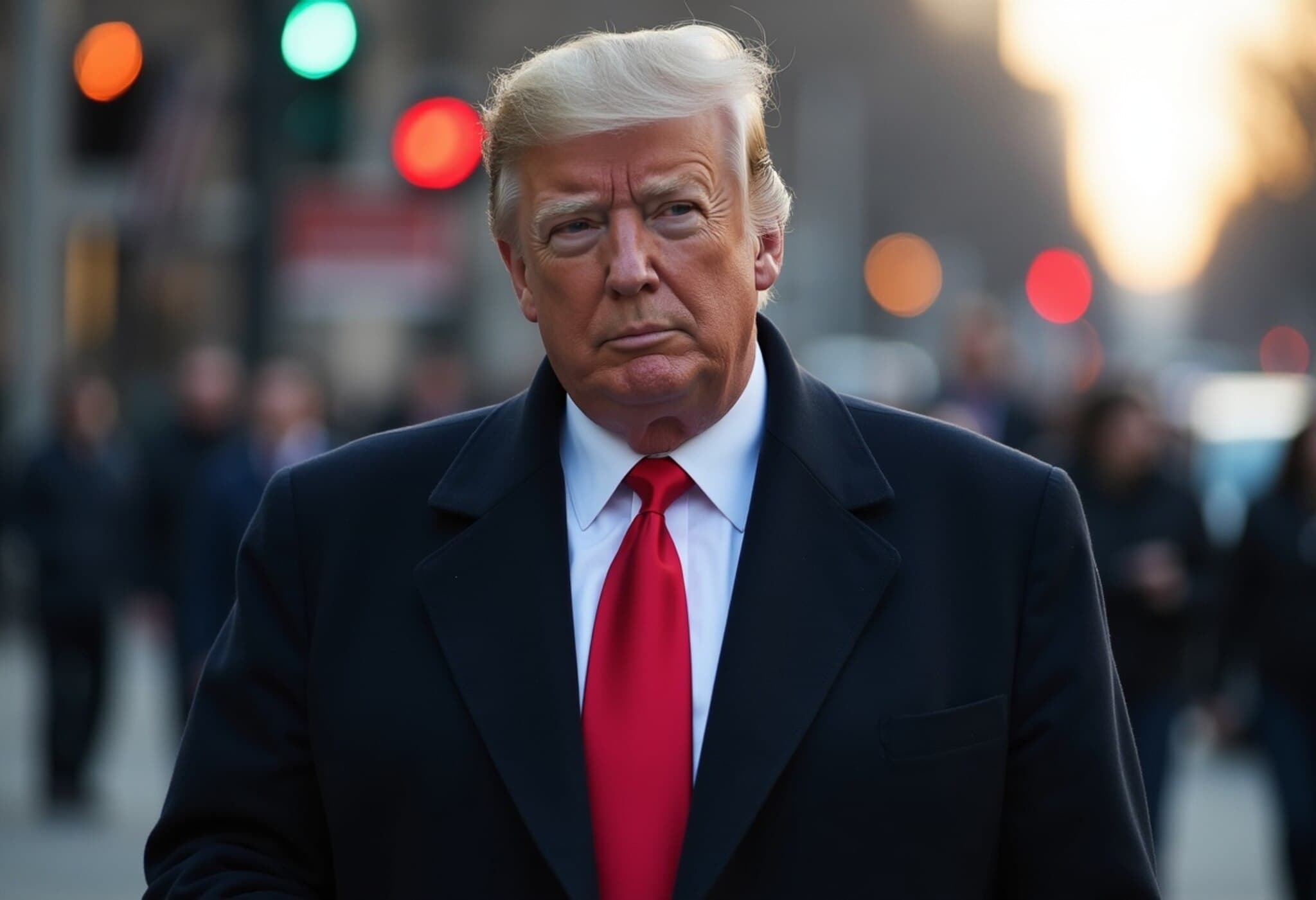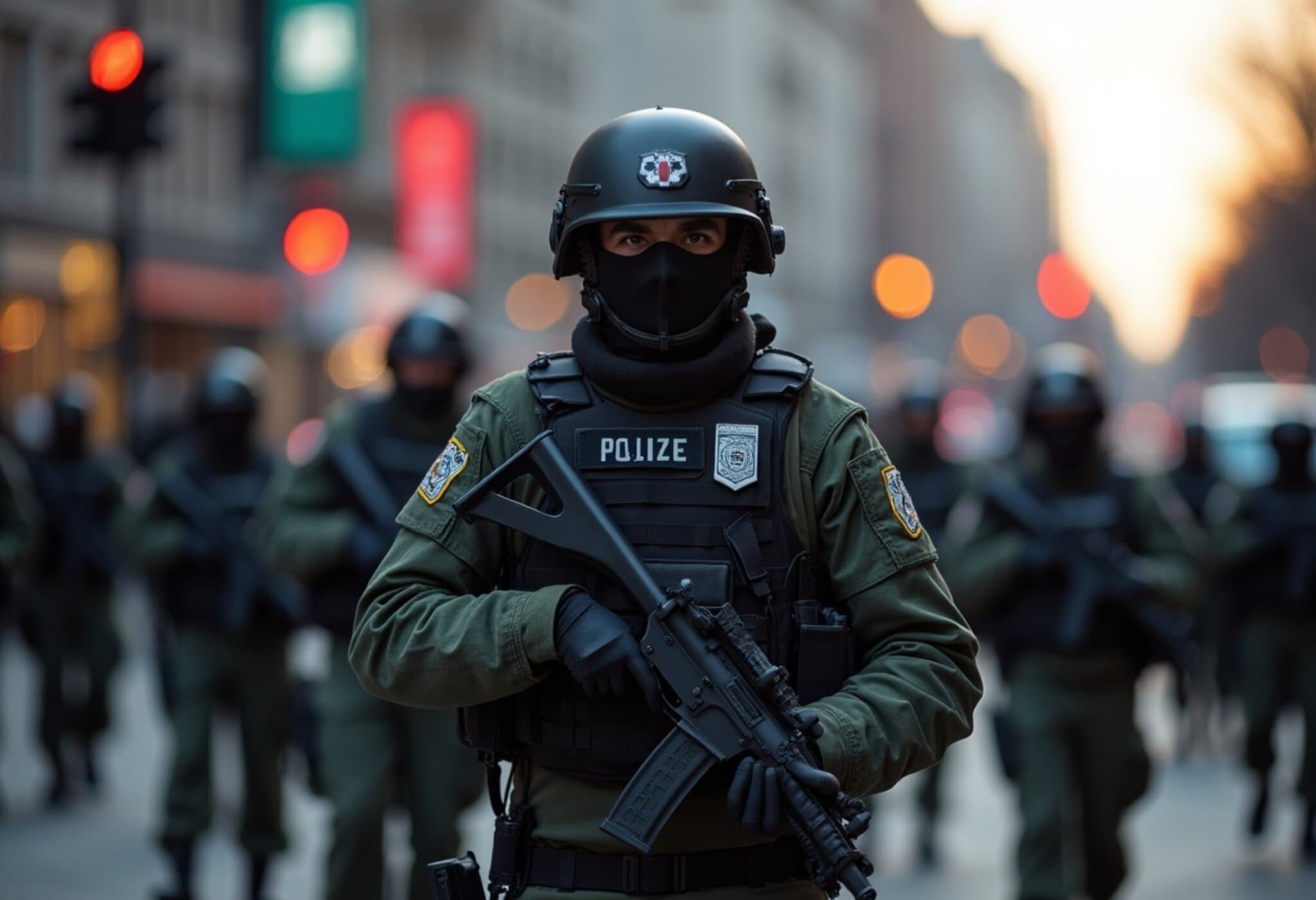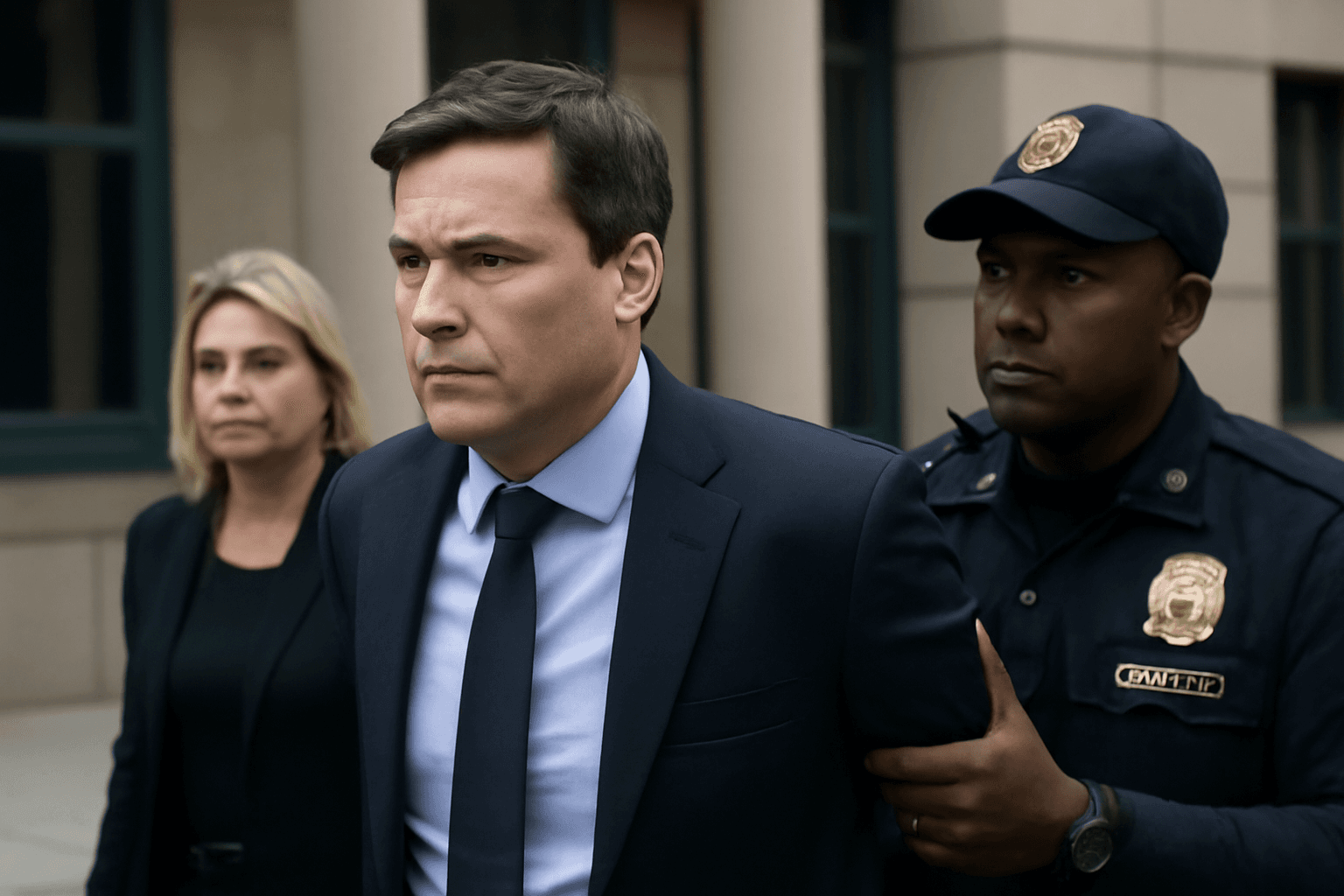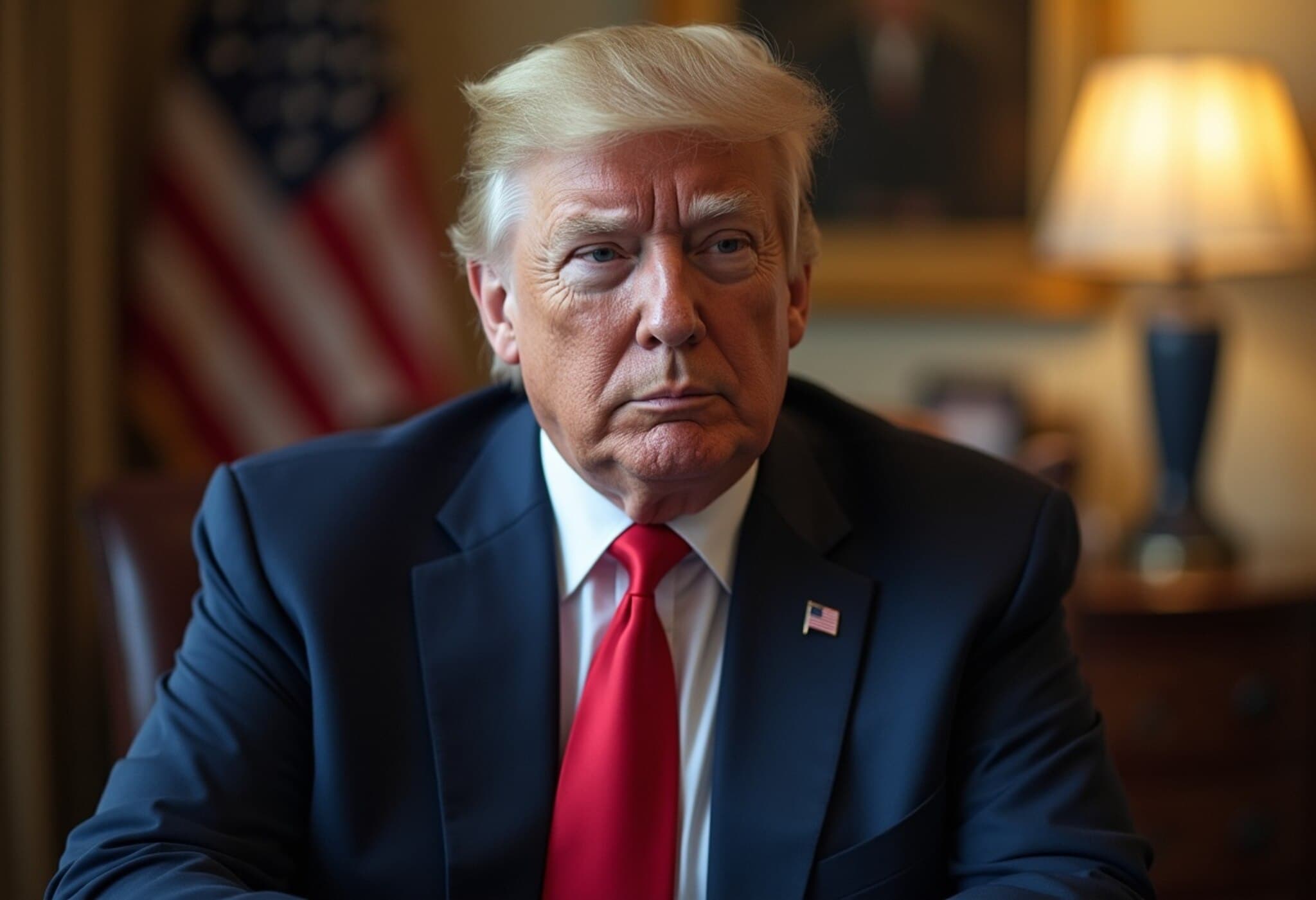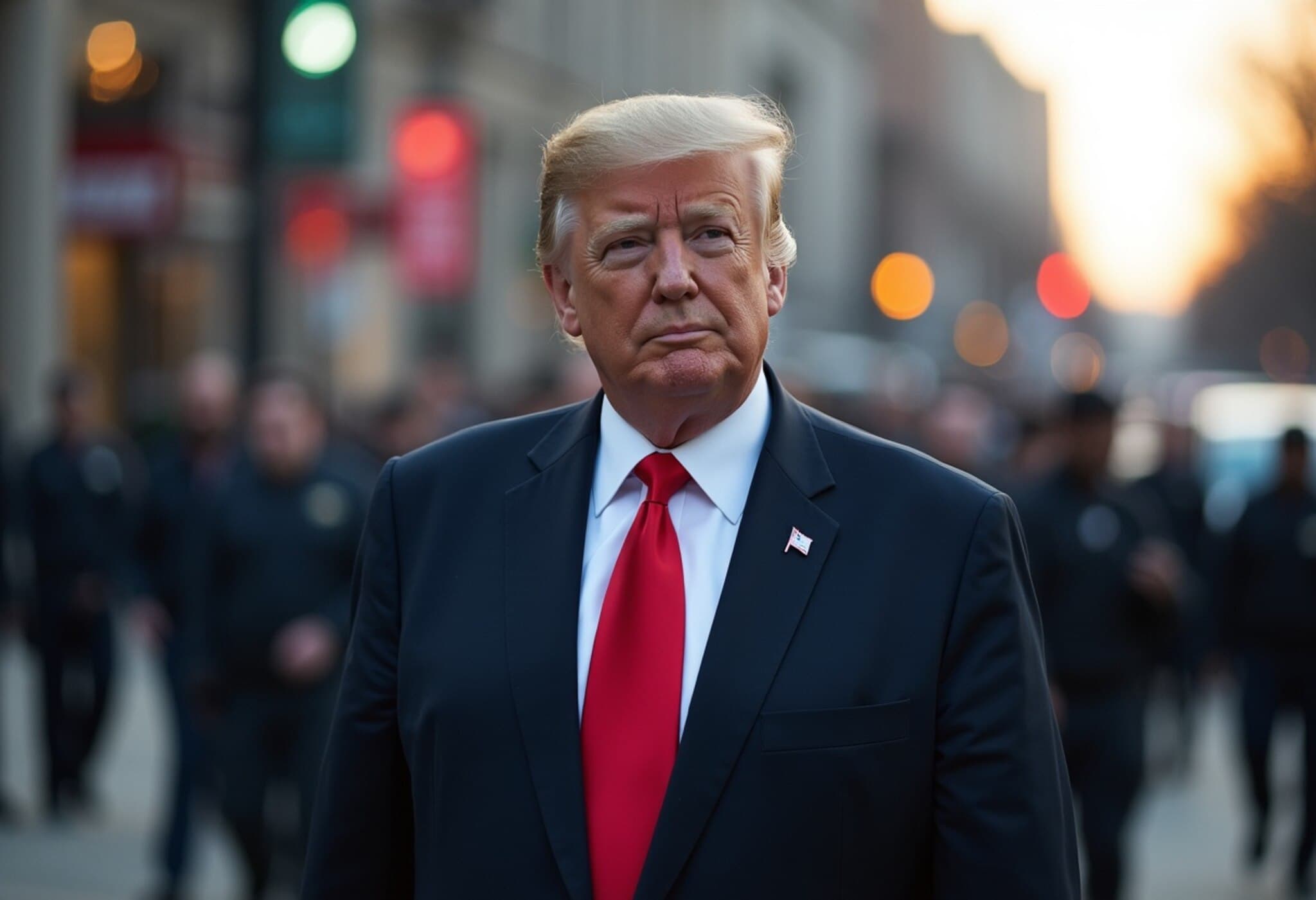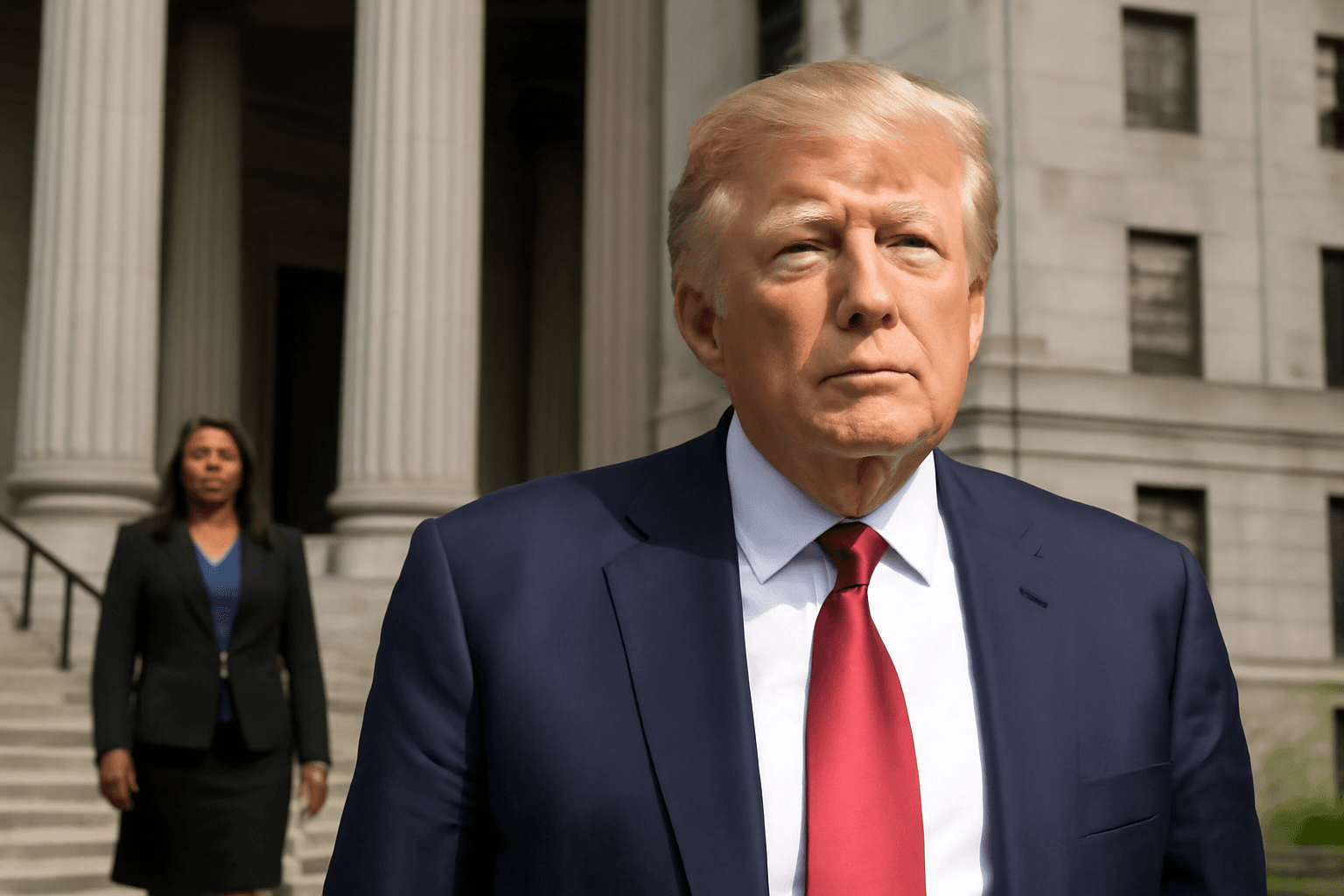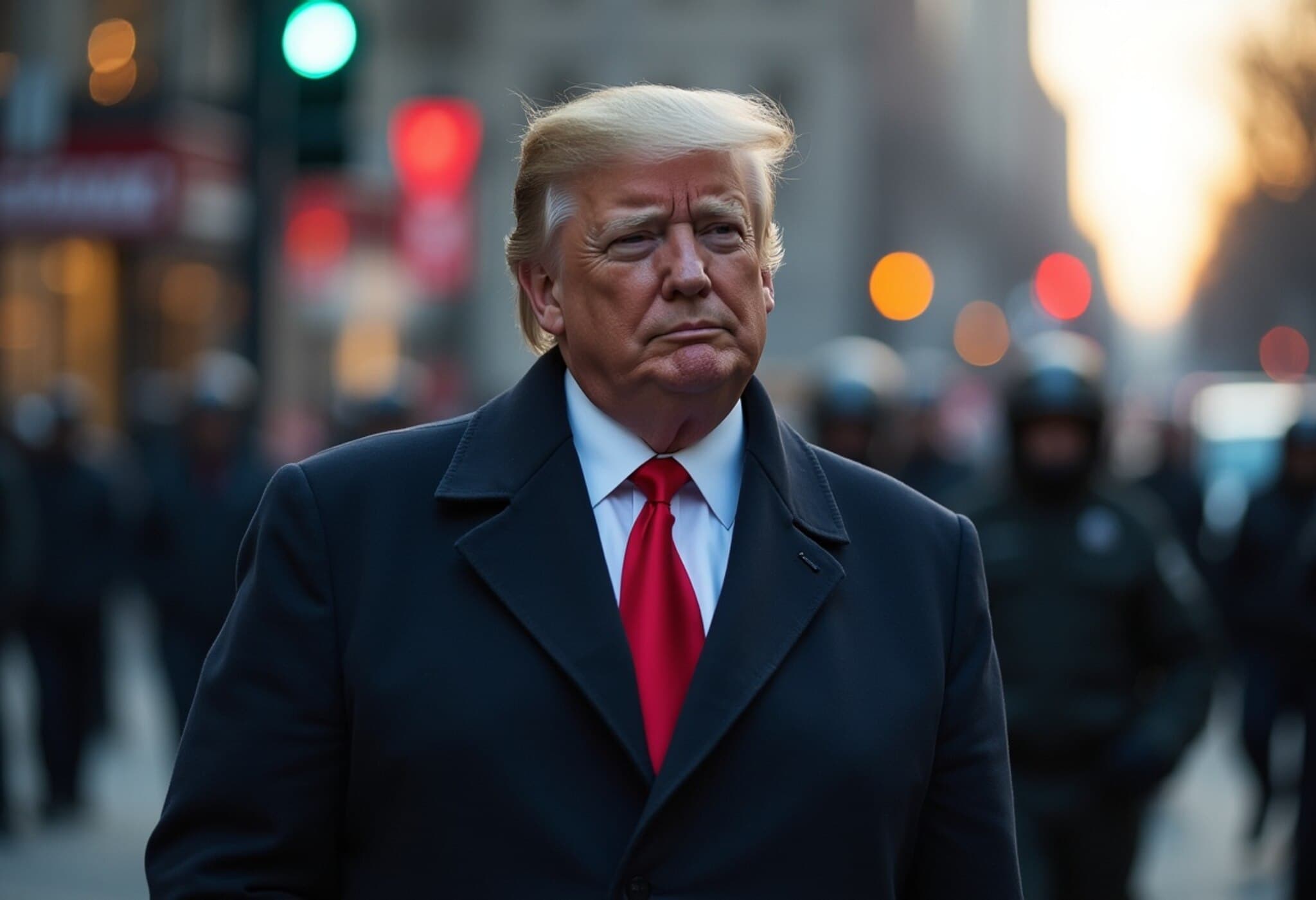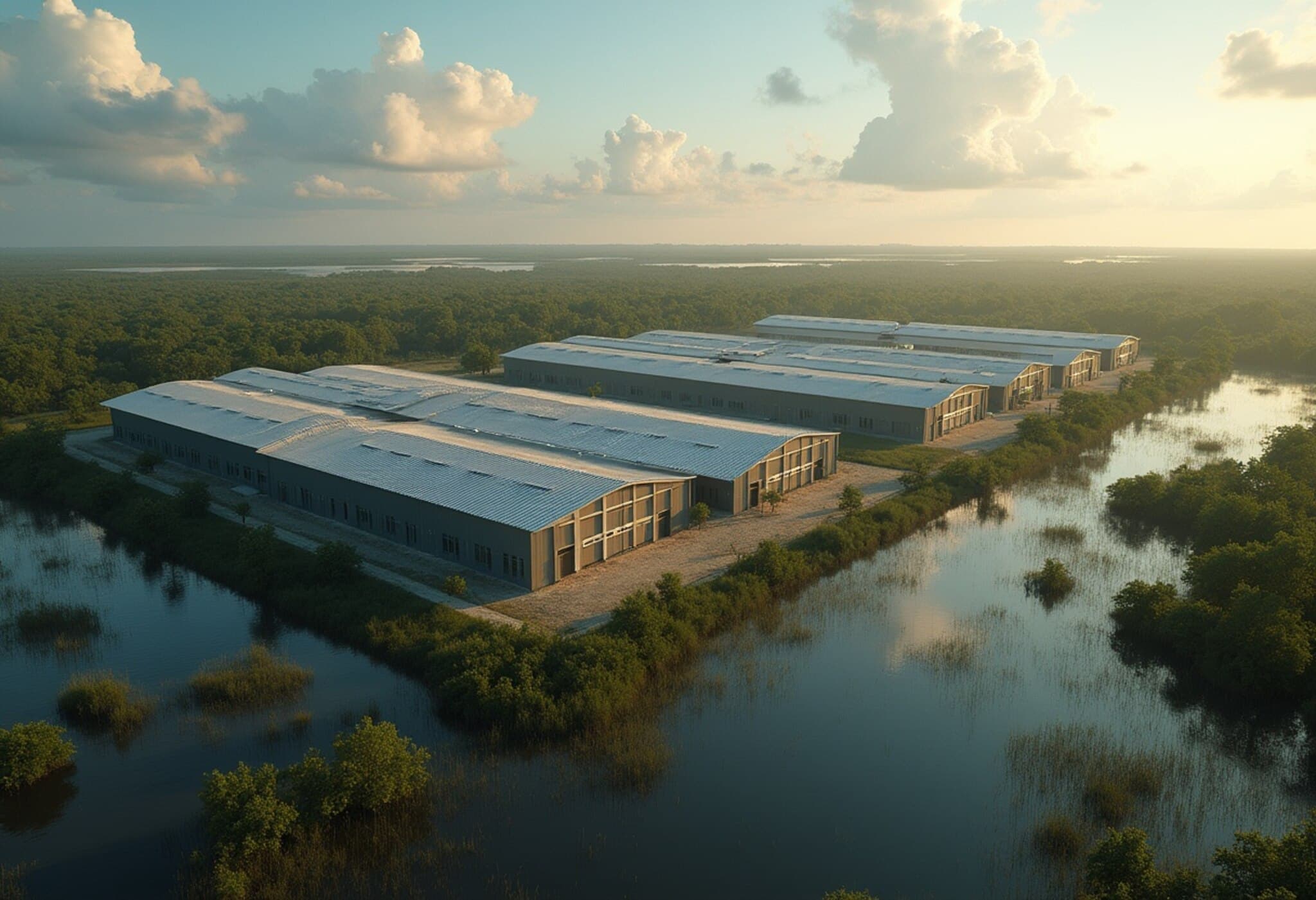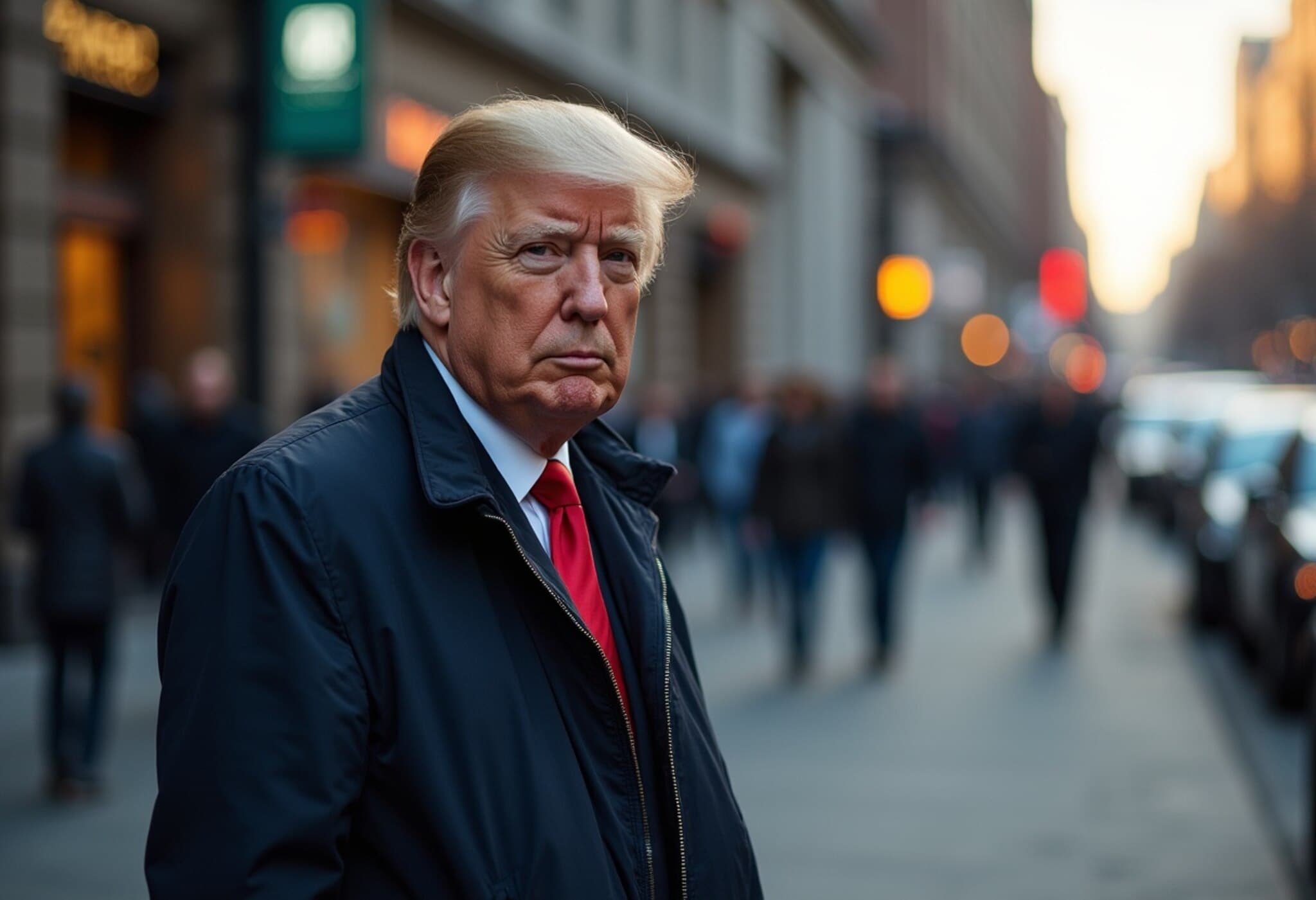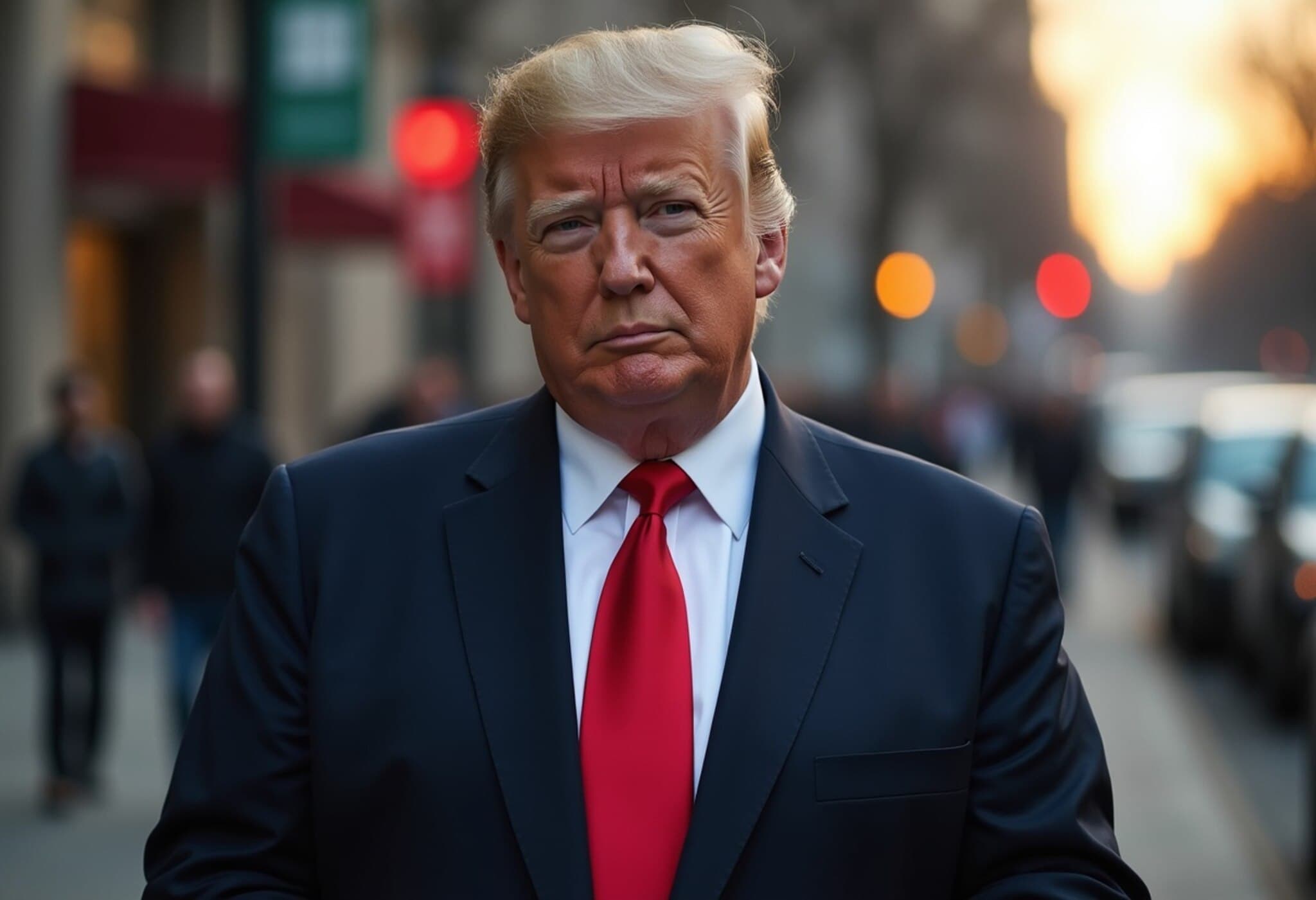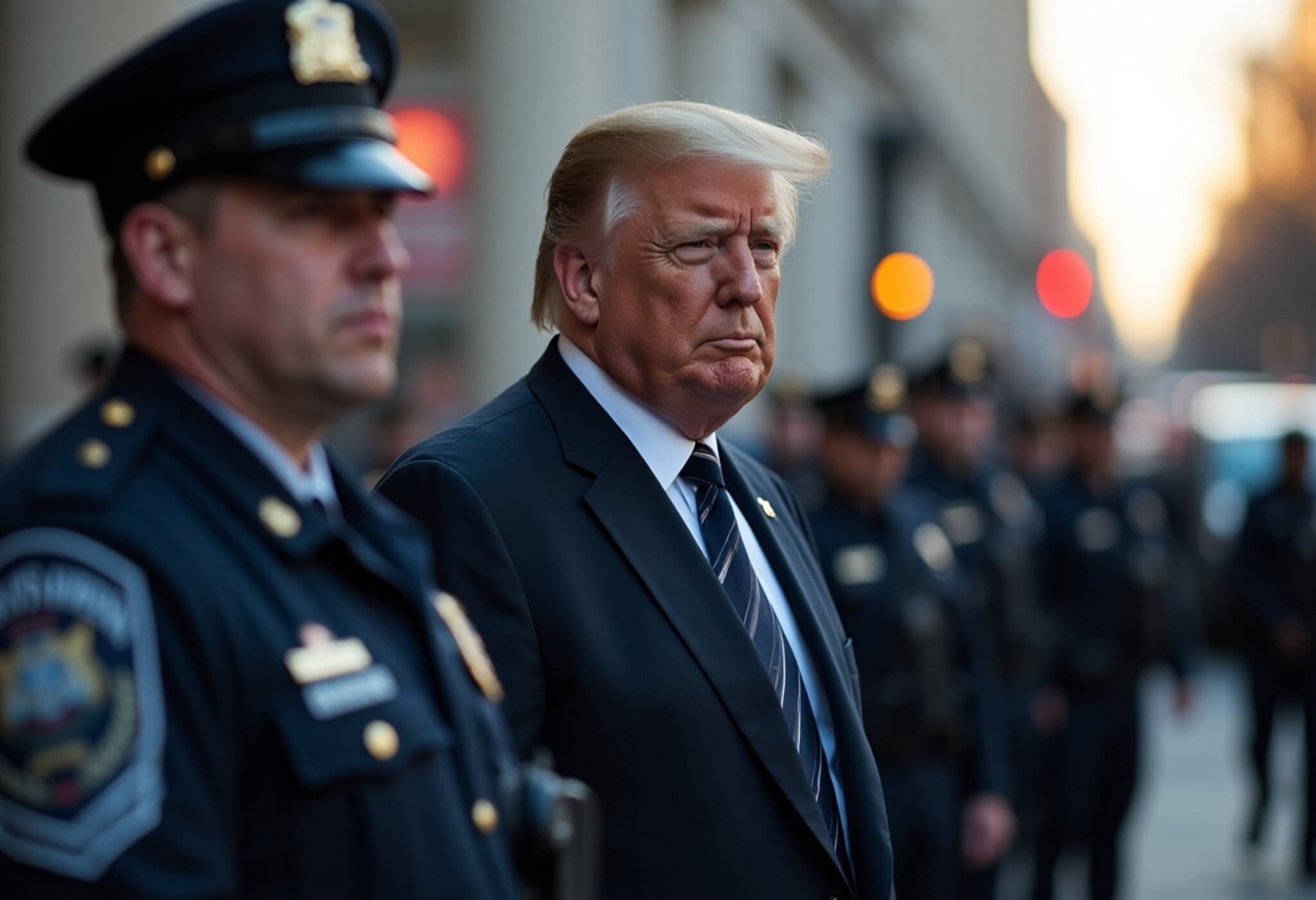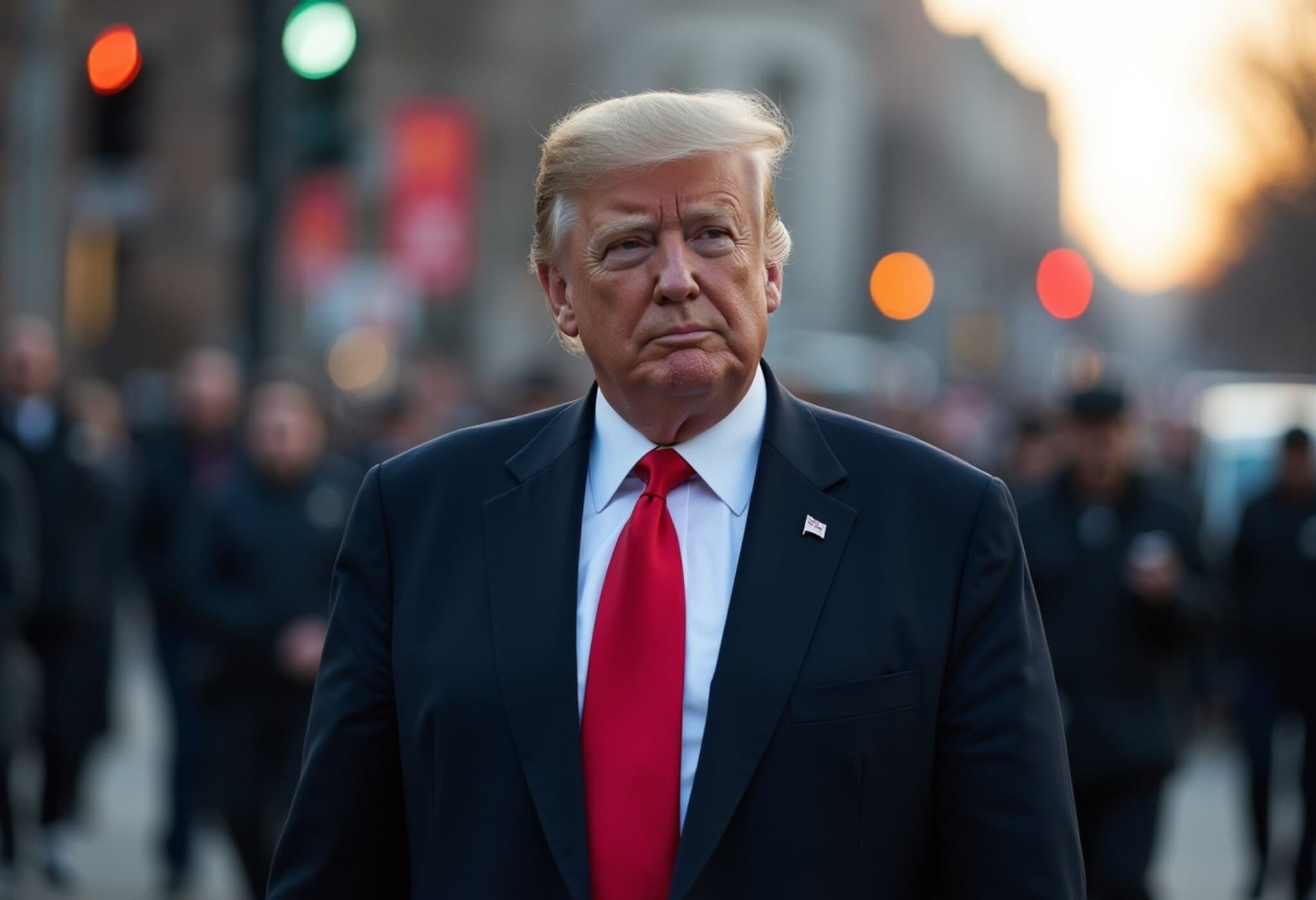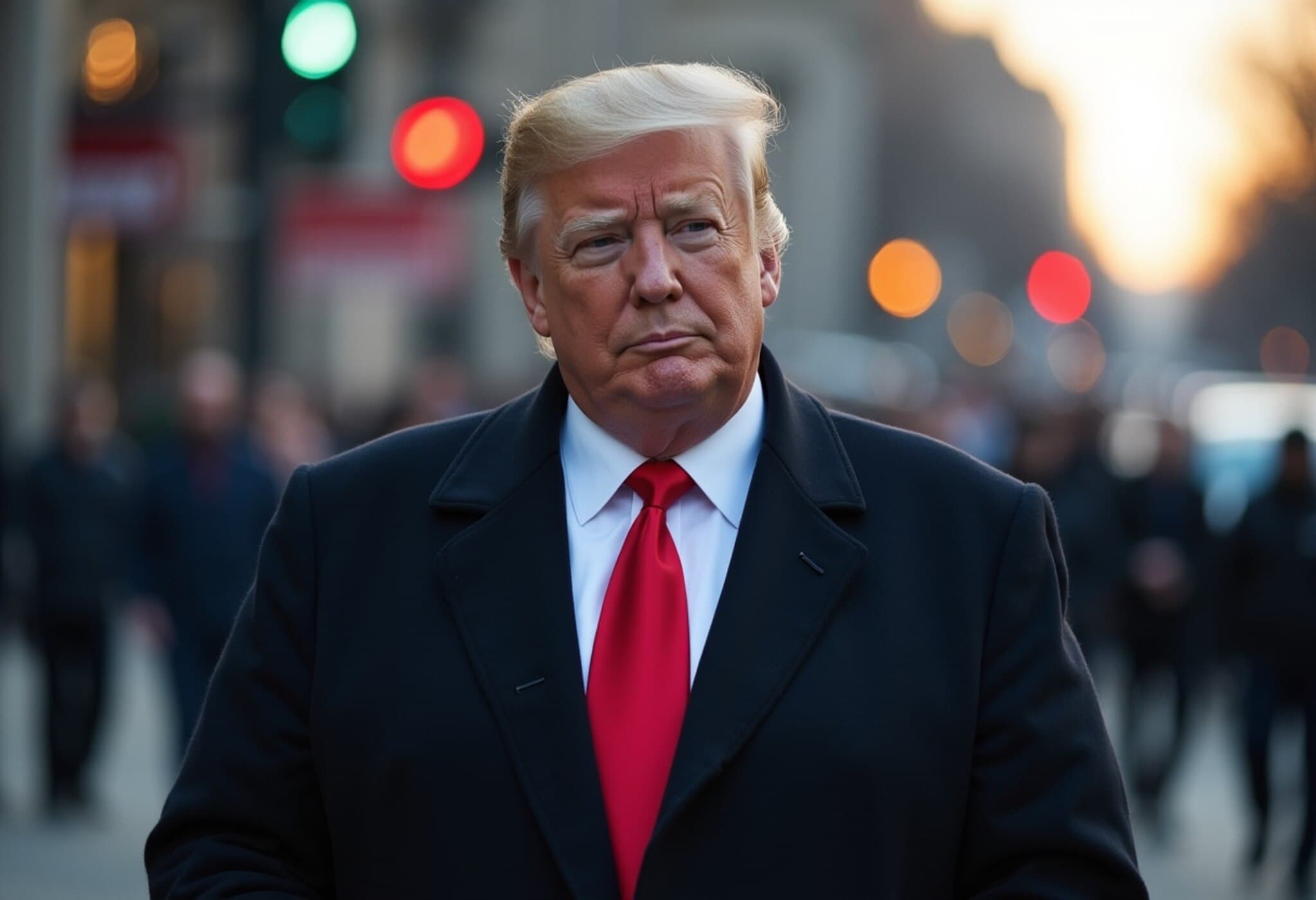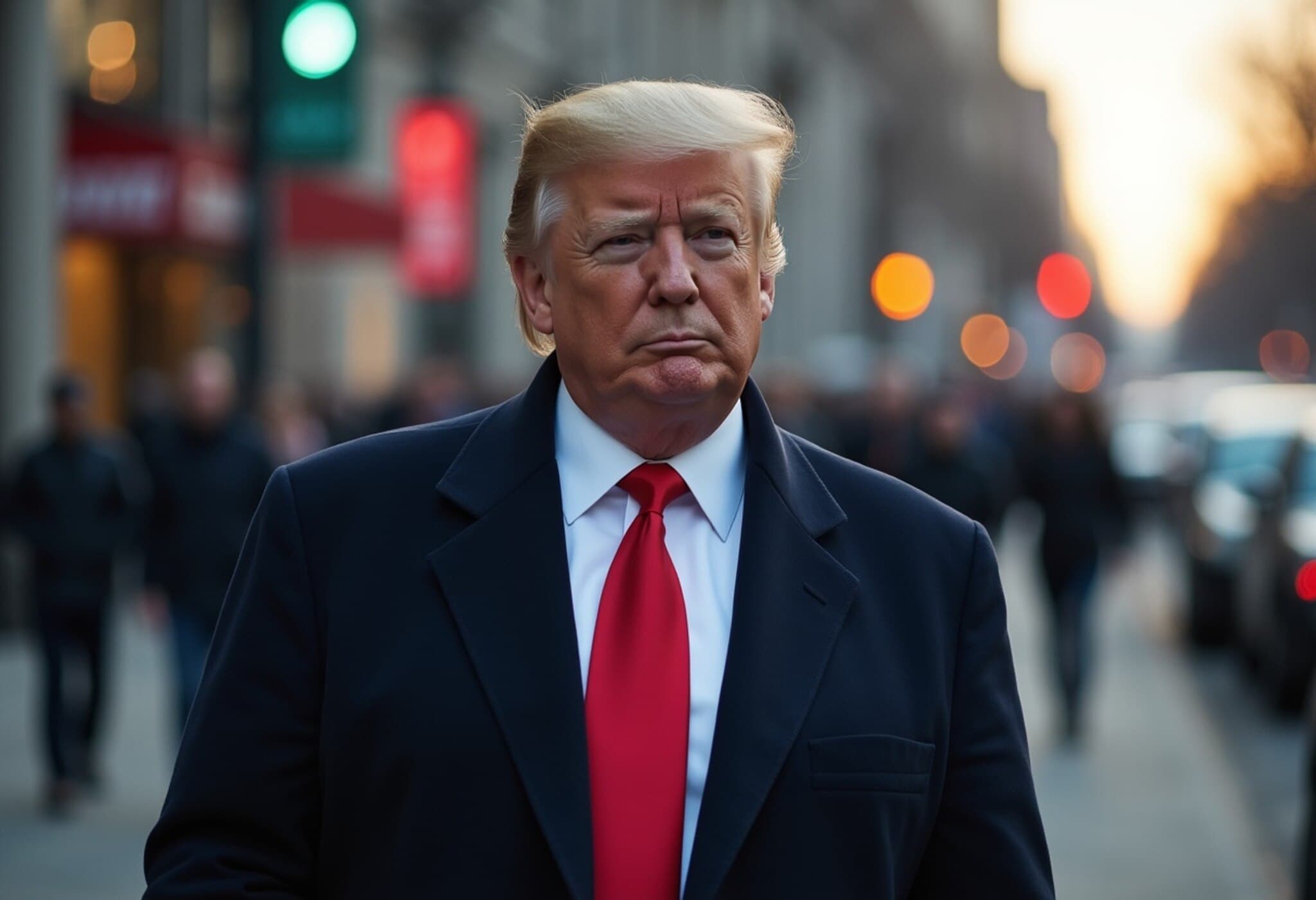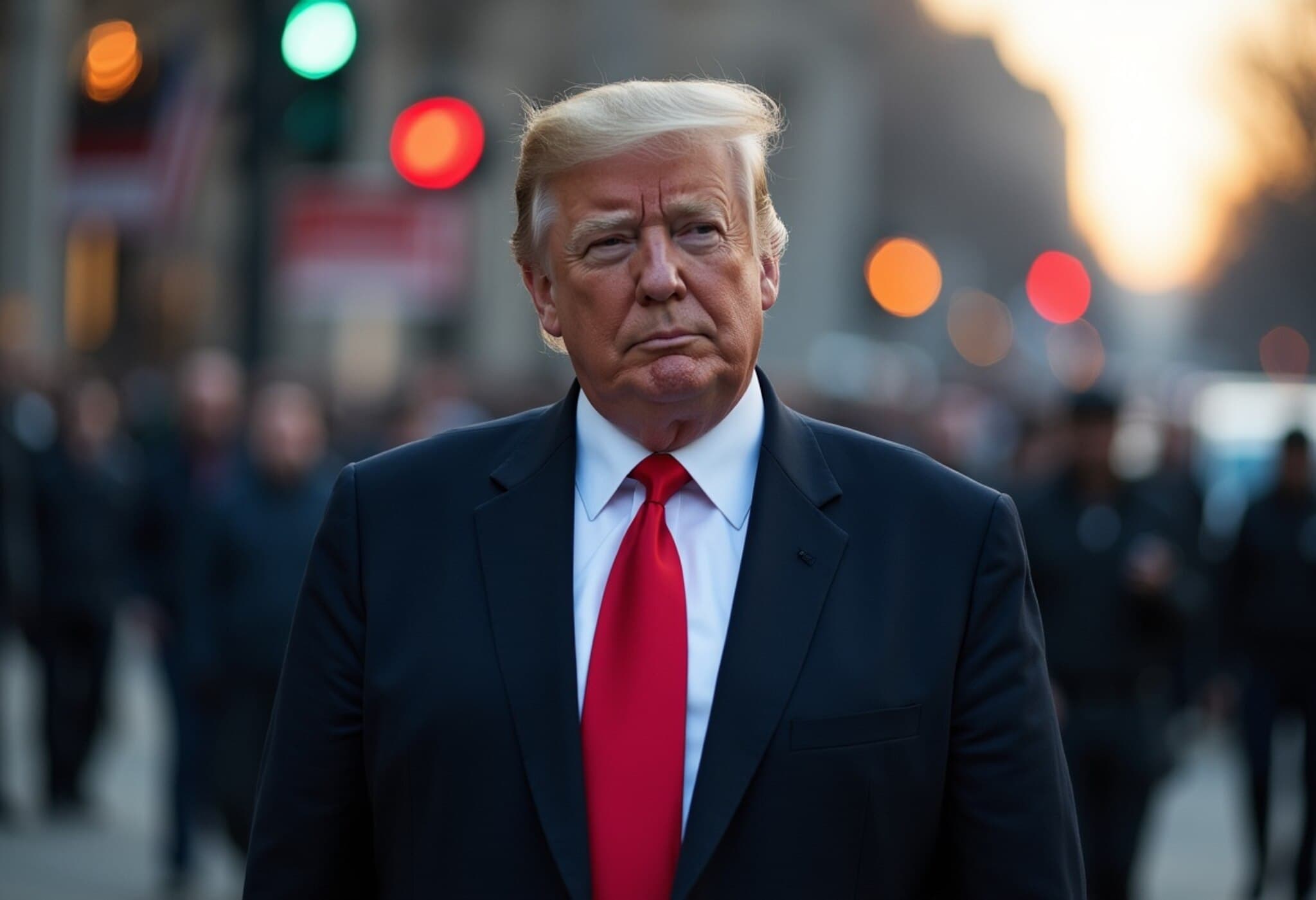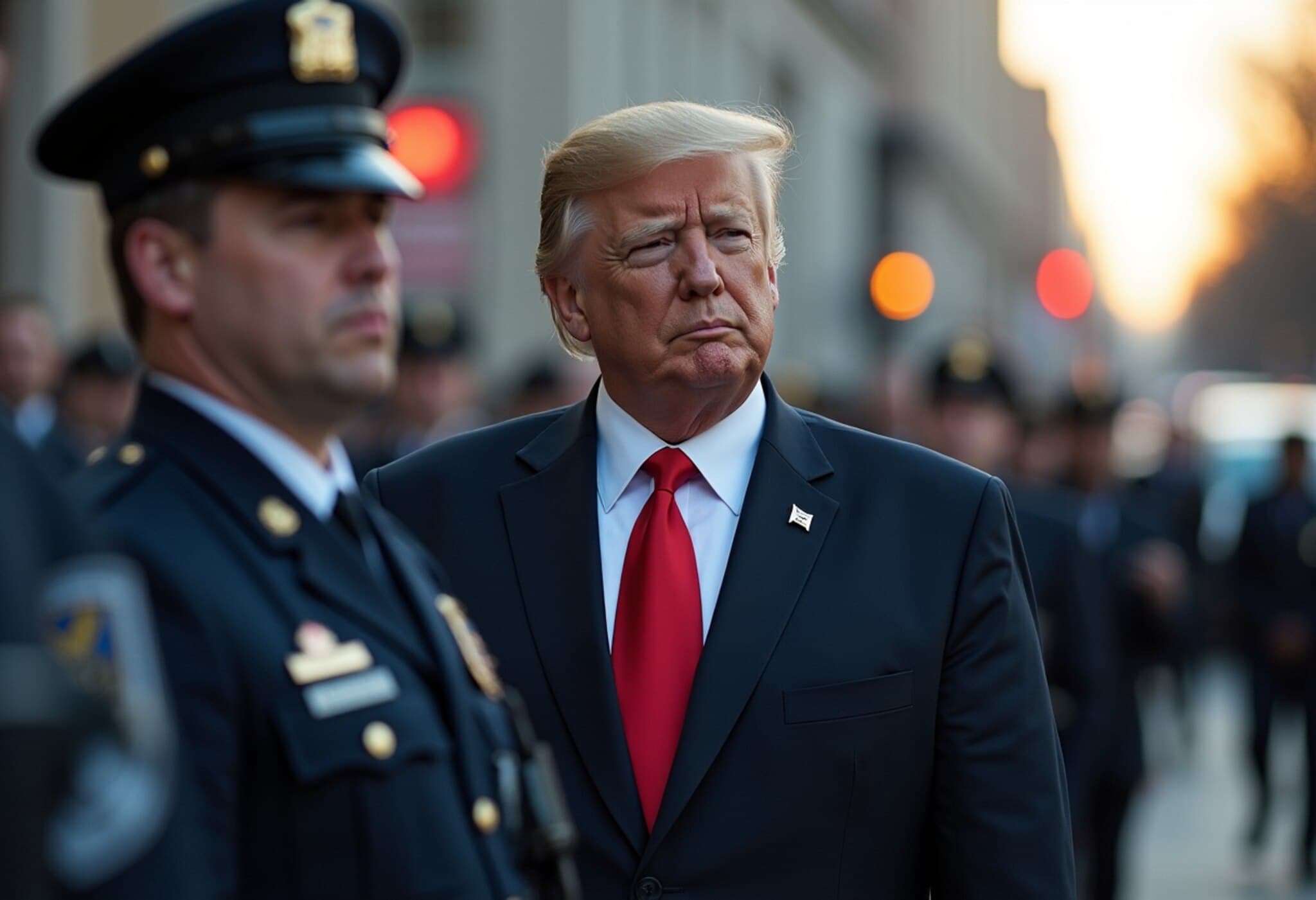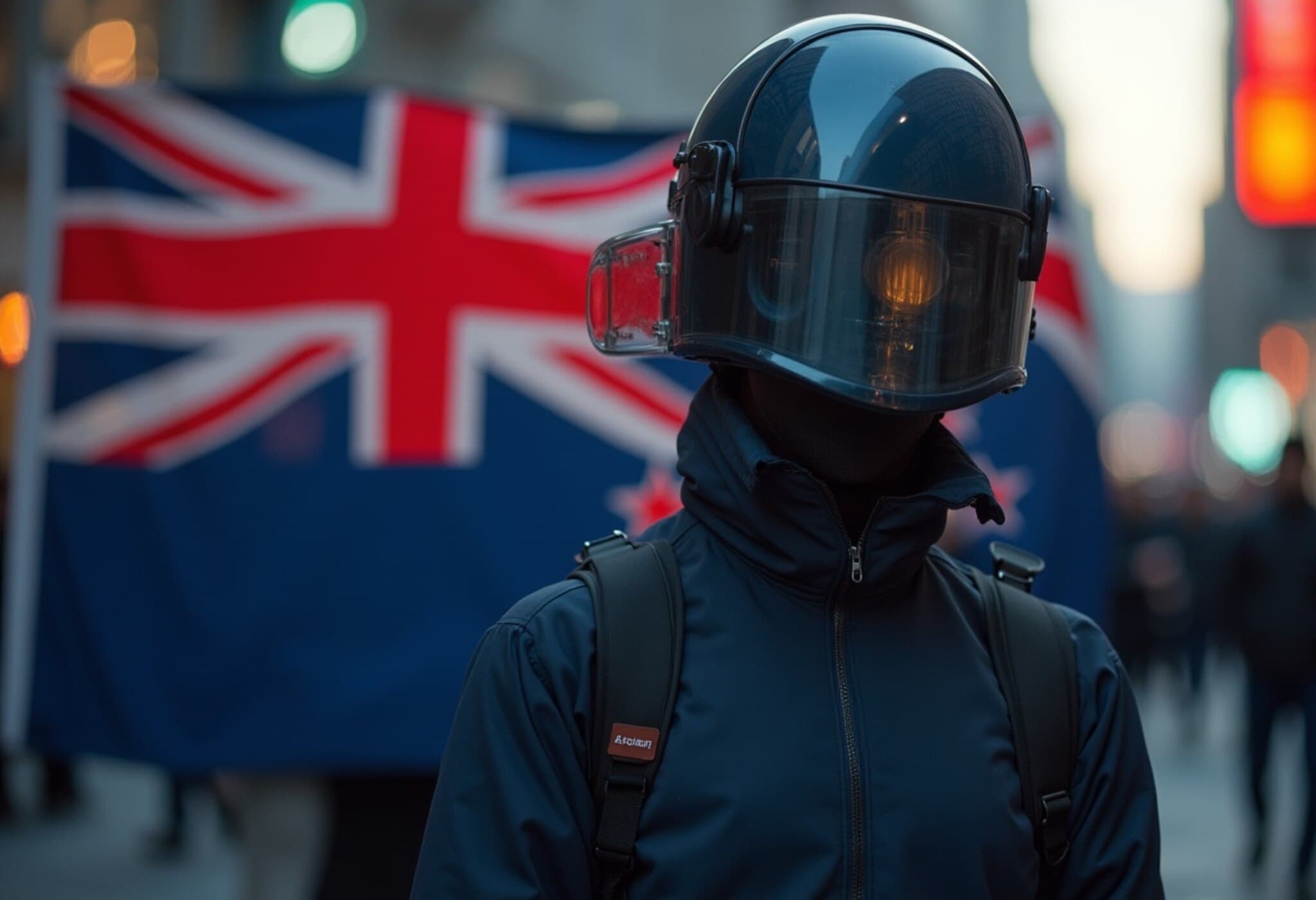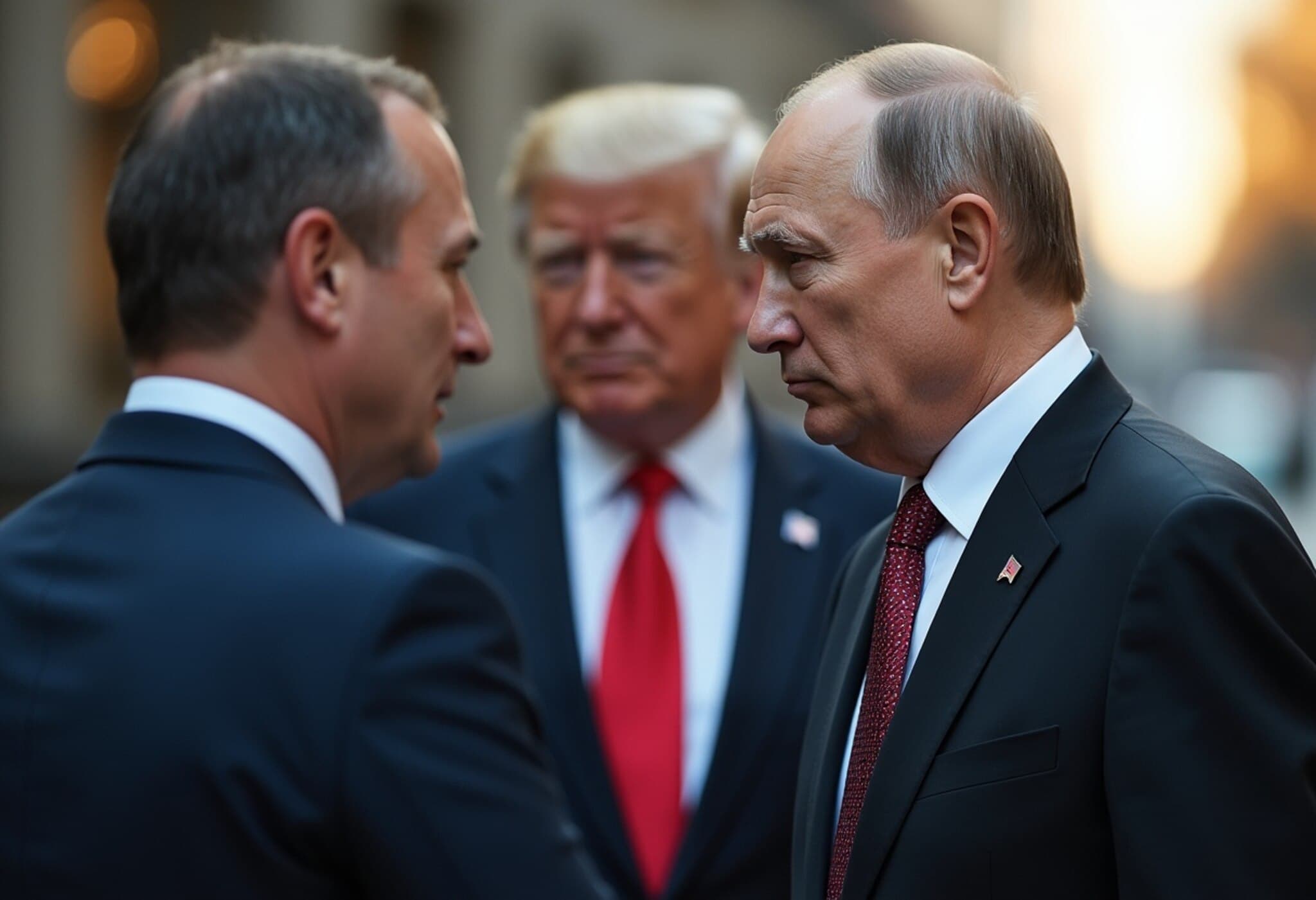Trump Announces Night Patrols on Washington Streets Amid Crime Crackdown
In a bold and controversial move, former U.S. President Donald Trump revealed plans to patrol the streets of Washington, D.C., alongside police officers and National Guard troops as part of a federally led crackdown on crime in the nation’s capital. This announcement came during an interview with Newsmax, a right-wing media outlet, on August 21, 2025.
Trump’s Statement and Immediate Context
“I’m going to be going out tonight I think with the police and with the military of course… We’re going to be doing a job,” Trump declared, emphasizing the role of the National Guard in supporting law enforcement efforts. “The National Guard is great. They’ve done a fantastic job,” he added, underscoring the federal presence in the city.
Despite these remarks, there remains uncertainty about whether Trump has received formal clearance or has fully coordinated with local law enforcement or military leadership for such patrols. The Hill reports that details of Trump’s exact involvement and activities were still being finalized at the time.
Federal Crime Crackdown in Washington, D.C.
This development is part of a larger federal operation initiated earlier this month, aimed at tackling what the Trump administration describes as an “unacceptable” crime wave in Washington, D.C. The operation involves the federal takeover of the Metropolitan Police Department and the deployment of hundreds of National Guard personnel throughout the city.
According to White House data, since the federal deployments began on August 7, over 600 arrests have been made, including 251 undocumented immigrants. However, these figures contrast with recent crime statistics showing a decline in violent crime rates in both 2024 and 2025, raising questions about the motivations behind the crackdown.
Public Response and Political Debate
The federal intervention has sparked a heated debate on its necessity and political undertones. Critics argue that the crackdown is primarily a political stunt aimed at projecting toughness on law and order, rather than a response to actual public safety needs.
A recent poll conducted by The Washington Post and the Schar School for Policy and Government found that 65% of D.C. residents doubt that Trump’s actions will enhance safety in the city. Moreover, nearly 80% oppose the federal executive order that effectively federalizes the police force in Washington, signaling widespread public resistance.
Federal Officials Show Support Amid Protests
High-profile visits from federal officials underline the administration’s commitment to the crackdown. Vice President JD Vance, Defense Secretary Pete Hegseth, and Deputy Chief of Staff Stephen Miller visited National Guard troops stationed at Union Station on August 20. However, their presence was met with protests from local activists.
In response, Deputy Chief Stephen Miller dismissed the dissent with sharp remarks, calling protestors “stupid white hippies” and trivializing their concerns as irrelevant. He emphasized the administration's priority: “We’re going to get back to the business of protecting the American people and the citizens of Washington, D.C.”
Analysis: A Clash Between Perception and Data
This unfolding situation raises critical questions about governance, federal-local relations, and public trust. While the Trump administration insists the statistics don’t reveal the “real state of decay” in the city, independent data suggests otherwise. The disparity highlights the challenge policymakers face in balancing perception, politics, and data-driven approaches to public safety.
Moreover, the deployment of military resources in the domestic policing context evokes historical debates about militarization and civil liberties—issues deeply resonant in the diverse, politically engaged community of Washington, D.C.
What This Means for Washington and Beyond
- Community Impact: The federalization of the police and the presence of National Guard troops could strain relations between residents and law enforcement, affecting community trust and cooperation.
- Legal and Political Ramifications: The legality of federal control over local police forces remains controversial and may face judicial scrutiny, especially in a city with unique governance structures like D.C.
- National Implications: This approach might set a precedent for federal intervention in other cities, influencing debates on crime, federalism, and law enforcement nationwide.
Editor's Note
Donald Trump’s plan to personally patrol Washington streets alongside police and National Guard units marks an unprecedented and contentious chapter in the city’s crime-fighting efforts. As this federal crackdown unfolds, the gap between official narratives and on-the-ground realities invites scrutiny. Are these actions a necessary response to public safety concerns, or do they reflect a politicized show of force disconnected from community needs? Observers should watch closely how these dynamics evolve, keeping in mind the broader implications for urban governance, civil rights, and the future of federal-local cooperation in law enforcement.

